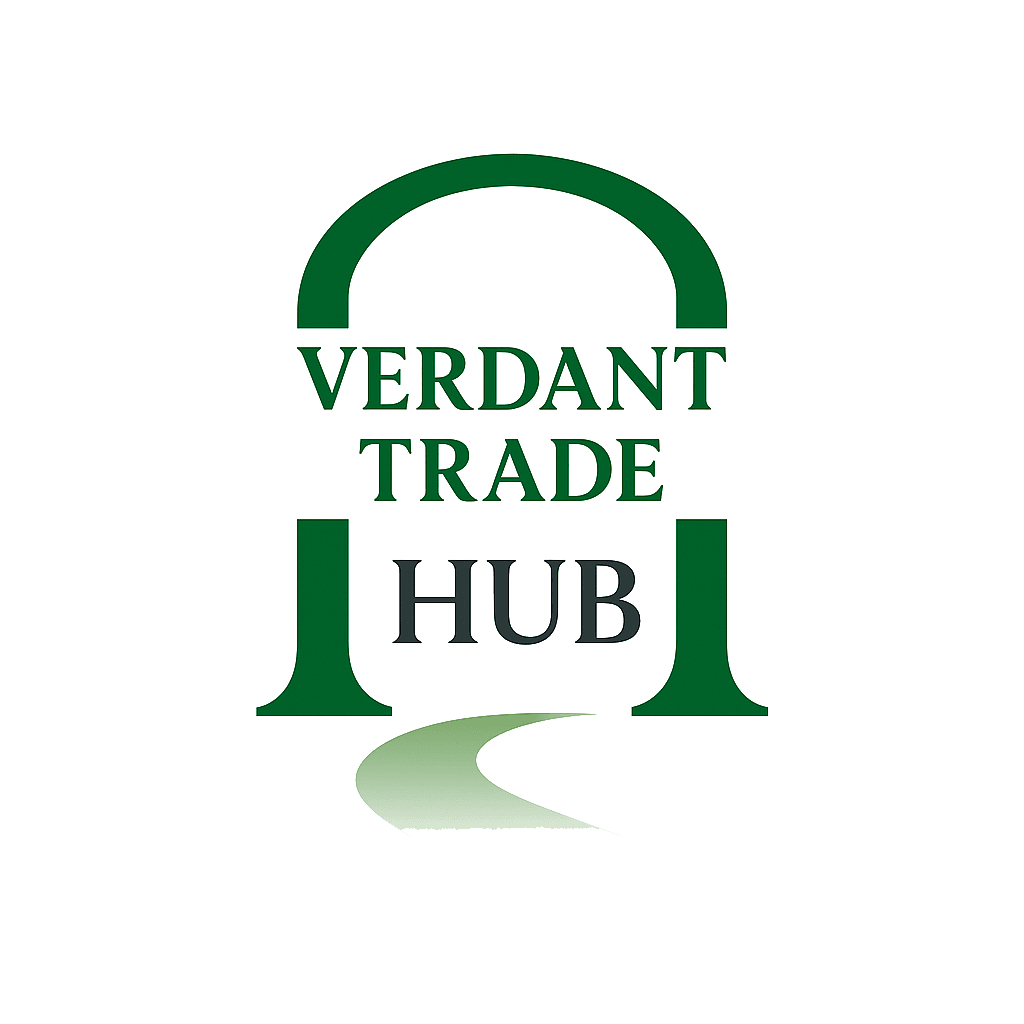How Ethical Sourcing Transforms Global Agro-Produce Supply Chains
Understanding Ethical Sourcing in Agro-Produce
Ethical sourcing in the agro-produce sector is gaining prominence as consumers become more conscious of the origins of their food. This practice involves ensuring that products are obtained in a responsible and sustainable manner, respecting both environmental and social standards. By prioritizing ethical sourcing, companies can transform global supply chains to be more transparent and fair.
The shift towards ethical sourcing is driven by increased awareness of issues such as labor rights, fair trade practices, and environmental sustainability. Consumers are demanding more information about the food they consume, pushing companies to adopt practices that align with these values.

Impact on Farmers and Local Communities
One of the most significant benefits of ethical sourcing is its positive impact on farmers and local communities. By implementing fair trade practices, companies ensure that farmers receive a fair price for their produce, which can improve their livelihoods and promote economic stability in rural areas.
Moreover, ethical sourcing encourages investments in community development projects, such as education and healthcare, which can have a long-lasting impact on local communities. This holistic approach not only supports farmers but also contributes to the overall well-being of their families and neighborhoods.

Environmental Benefits of Ethical Sourcing
Ethical sourcing also plays a crucial role in promoting environmental sustainability. By prioritizing environmentally friendly practices, companies can reduce their carbon footprint and minimize negative impacts on ecosystems. This includes promoting organic farming methods, reducing pesticide use, and encouraging biodiversity.
Incorporating these practices into supply chains helps preserve natural resources and ensures that future generations can continue to benefit from the earth's bounty. This commitment to sustainability is essential for maintaining the health of our planet.

Challenges in Implementing Ethical Sourcing
Despite its benefits, implementing ethical sourcing in global agro-produce supply chains comes with challenges. These include verifying the authenticity of claims, ensuring compliance across different regions, and managing costs associated with sustainable practices.
Overcoming these challenges requires collaboration between companies, governments, and non-governmental organizations. By working together, these stakeholders can create systems that facilitate transparency and accountability throughout the supply chain.

The Role of Technology
Technology plays a pivotal role in transforming supply chains through ethical sourcing. Innovations such as blockchain technology offer a way to increase transparency by providing a tamper-proof record of a product's journey from farm to table. This allows consumers to verify the ethical credentials of the products they purchase.
Additionally, technology can help streamline processes, reduce waste, and optimize resource use, further contributing to sustainable practices within the supply chain.

Consumer Awareness and Demand
The growing consumer demand for ethically sourced products is a driving force behind changes in global supply chains. As consumers become more informed, they are more likely to choose products that align with their values, encouraging companies to prioritize ethical sourcing.
This shift in consumer behavior is reshaping the market landscape, leading to increased availability of ethically sourced products and prompting businesses to adopt more sustainable practices to stay competitive.

The Future of Ethical Sourcing
The future of ethical sourcing in global agro-produce supply chains looks promising as more businesses recognize its importance. As awareness continues to grow, ethical sourcing is expected to become a standard practice rather than an exception.
Ultimately, the transformation brought about by ethical sourcing will lead to more sustainable and equitable supply chains, benefiting not only producers and consumers but also the planet as a whole.
